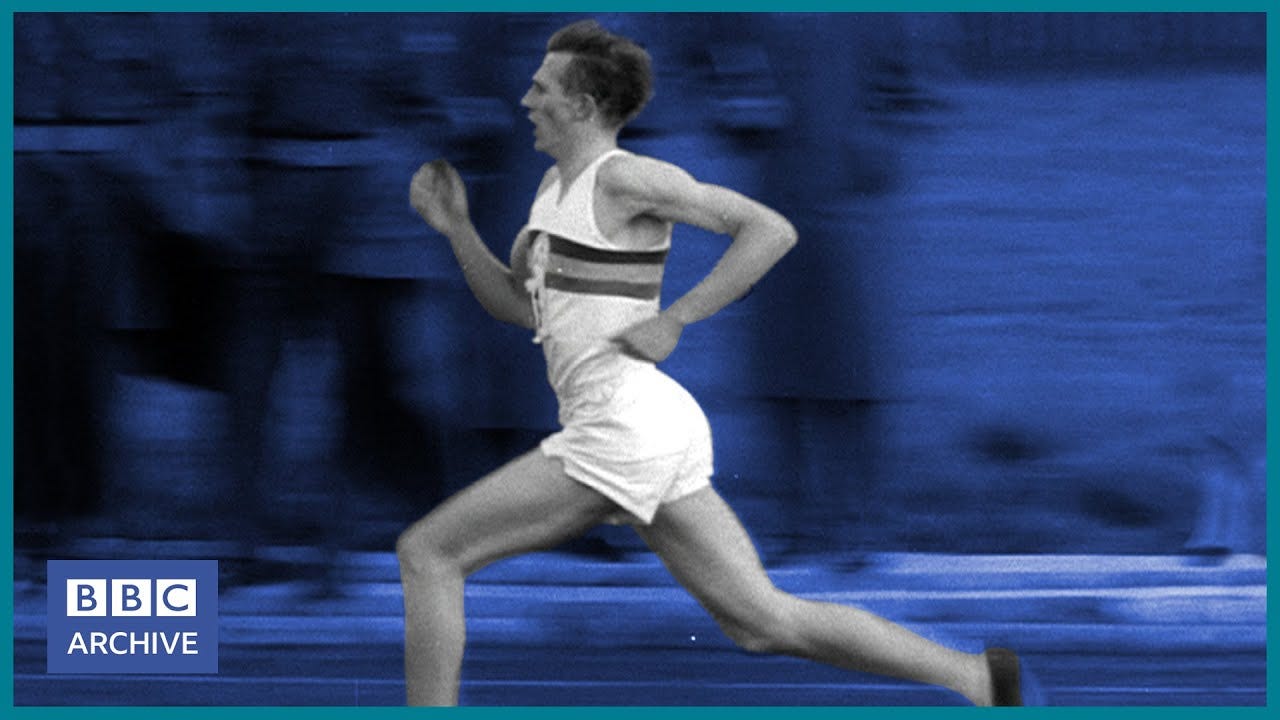'Four-Minute Miles' in Tech
Why great technical feats can struggle to become great businesses
On May 6th, 1954, during a meet between British AAA and Oxford University at Iffley Road Track in Oxford, Roger Bannister did the unthinkable…he ran a mile in under four minutes. The Daily Telegraph had described the sub-four-minute mile as “sport’s greatest goal”, something “as elusive and seemingly unattainable as Everest”1
Bannister believed he could do it, but took his own training approach. From HBR, “Bannister was an outlier and iconoclast — a full-time student who had little use for coaches and devised his own system for preparing to race. The British press “constantly ran stories criticizing his ‘lone wolf’ approach,” Bryant notes, and urged him to adopt a more conventional regimen of training and coaching.”2
Once Bannister showed it was possible, many soon followed. From Runners Goal, “In July 1954, two months after breaking the 4-minute mile for the first time, the Australian John Landy was able to break the 4-minute barrier alongside Bannister who competed in the same race in the British Empire and Commonwealth Games in Canada.”
As of April 2021, 1,663 athletes have broken the four-minute barrier, with the current record held by Moroccan Hicham El Guerrouj with a time of 3:43.13.
I take two things away from this story:
If you want to do something no one else has done before, you have to take an entirely different approach. People will think you’re crazy, but because of that you’ll have a chance to do the unthinkable.
Being the first to do something hard brings fame, but also invites competition.
There’s lots of “Four Minute Miles” in tech—technologies or products that are massive feats often deemed impossible, but that when achieved ultimately invite competition. Examples are things like breaking the Gigahertz barrier in processor speed (AMD > Intel), reusable rockets (SpaceX > Blue Origin / Stoke), and the iPhone (Apple > Google/Samsung).
For startups, achieving hard things isn’t enough. One has to understand how, when successful, completing the hard thing first can be parlayed into a massive advantage. Lacking clarity on that might render all the hard work to be first useless as competition floods in to replicate your breakthrough. We’re seeing this play out now with ChatGPT competitors, and there are countless other examples throughout history. Being first to do a hard thing can be great, but it’s critical to be abundantly clear on why being first matters.
https://www.guinnessworldrecords.com/records/hall-of-fame/first-sub-four-minute-mile
https://hbr.org/2018/03/what-breaking-the-4-minute-mile-taught-us-about-the-limits-of-conventional-thinking



